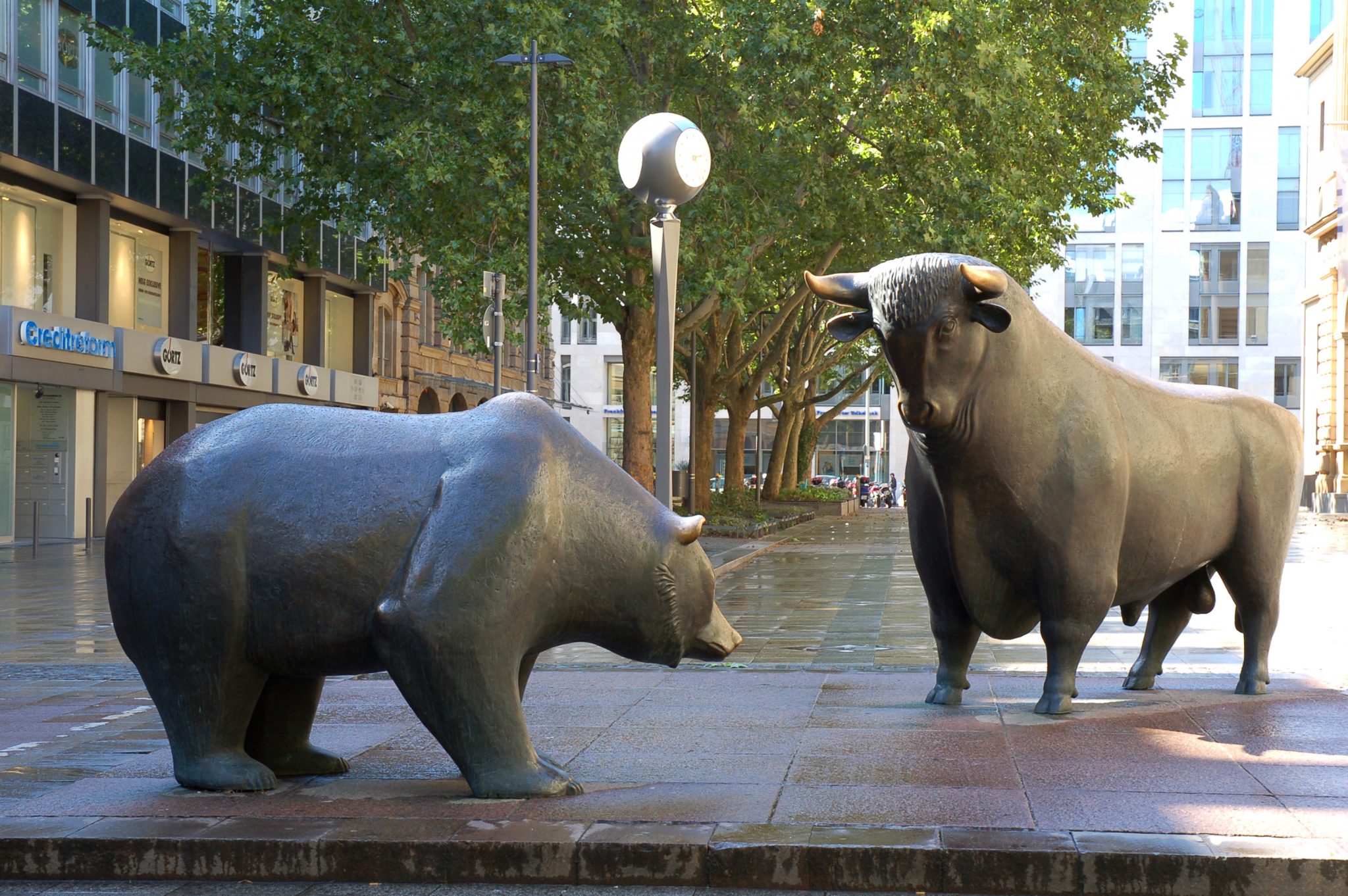
Who Really Owns Your Mortgage and Why?
There is a good chance that the mortgage on your home is not actually owned by the bank that you make your monthly payments to. Over the last several years you have probably heard the term mortgage-backed security (MBS) in the news.
Basically, a MBS is where lenders sell peoples’ mortgages to investment banks and Government Sponsored Enterprises, such as Freddie Mac. From there, the mortgages are pooled together to create bonds that are secured by the mortgages and those bonds are then sold to investors. In essence, if your bank has sold your mortgage and it is a part of a MBS, the investors of the bonds are who you actually owe your mortgage payments to and the bank simply becomes an intermediary. The transaction of the bank selling your mortgage is seamless, where you (the borrower) probably weren’t even aware it occurred. Although your lender sold your mortgage, most likely you are still making payments to them; as they are still servicing your loan.
Why would a bank want to sell your mortgage? There are two primary reasons. The first, and during the height of the mortgage boom probably the most significant, reason is for liquidity. By your mortgage lender selling your loan, they receive the money they need to fund more mortgages. This is beneficial to your mortgage lender because they still earn some income from the underwriting and sale of the mortgage and it also gives the lender the opportunity to be able to serve their customers’ borrowing needs.

In addition to liquidity, lenders will often sell mortgages to reduce their risk. For a bank, one of the big risks with long-term loans, such as mortgages, is what’s called “interest rate risk”. For example, too many 20 or 30 year mortgages on a banks balance sheet can hurt the bank when market interest rates rise. More specifically, it can decrease their net interest income.
Here’s why……Banks are in the business of being an intermediary between savers and borrowers. They will pay savers interest in exchange for the money that is deposited at their bank. Then in turn, the bank will loan that money out to borrowers and will want to charge the borrowers a higher amount of interest then what they are paying to the savers. The difference between what a bank earns on loans and pays on deposits is their “net interest spread”. The interest that the bank pays to savers is a variable rate (with the exception of CDs), so they can make adjustments in what they pay to depositors rather quickly to reflect changes in market interest rates. On the other hand, most loans have a fixed interest rate, so the bank is locked into the interest rate on any given loan until the loan is paid off. For shorter term loans, such as a car loan, the risk from market rates changing isn’t so great, but on a 20 or 30 year mortgage, there is a lot of room for changes in rates. Here’s my attempt at illustrating interest rate risk. I will simplify it by taking it down to a micro level for illustration purposes. On January 1, 2012 your bank has one depositor. The depositor has $80,000 deposited at your bank in a money market account. At this time, the interest rate paid on this account is 1% (but it is a variable rate.)On January 1, 2012, your bank also has one borrower and it is for a 30 year mortgage. The interest rate on the mortgage is 4% and it is a fixed rate. So, as of 1/1/12, your bank’s net interest rate spread is 3% (4% – 1%).Let’s say that 18 years later, this same money market account and mortgage loan is open at your bank. During this time, interest rates in the market have increased so your bank is now paying the money market depositor 3.5% to reflect changes in interest rates. However, the 30 year mortgage is a fixed rate so they can’t increase it’s rate (and the borrower is unlikely to refinance now since rates have went up). So 18 years later, the bank is paying 3% to the depositor, but is still only receiving 4% from the mortgage borrower. Your bank’s interest rate spread is now only 1%, where as it was 3% on 1/1/12. As you can see, this interest rate change really ate into your banks interest.
Near the start of the housing collapse, you may remember hearing about many foreclosures being halted due to it being unclear who the actual owner of the mortgages were. As the mortgage crises continues, you will continue to hear about mortgage-backed securities, Fannie Mae, and Freddie Mac. Hopefully, this introduction to mortgage-backed securities will help you to better understand mortgage-backed securities when you hear about it in the news as well as help you to understand why your mortgage lender may have sold your mortgage.
Finding out who actually owns your mortgage is also important if you are having difficulty making your mortgage payments and you need a loan modification to help you. If you are having difficulty making your mortgage payment, your first point of contact is your mortgage servicer (who you make your payment to). However, here are loan lookup tools to find out if your mortgage is owned by Fannie Mae or Freddie Mac.










